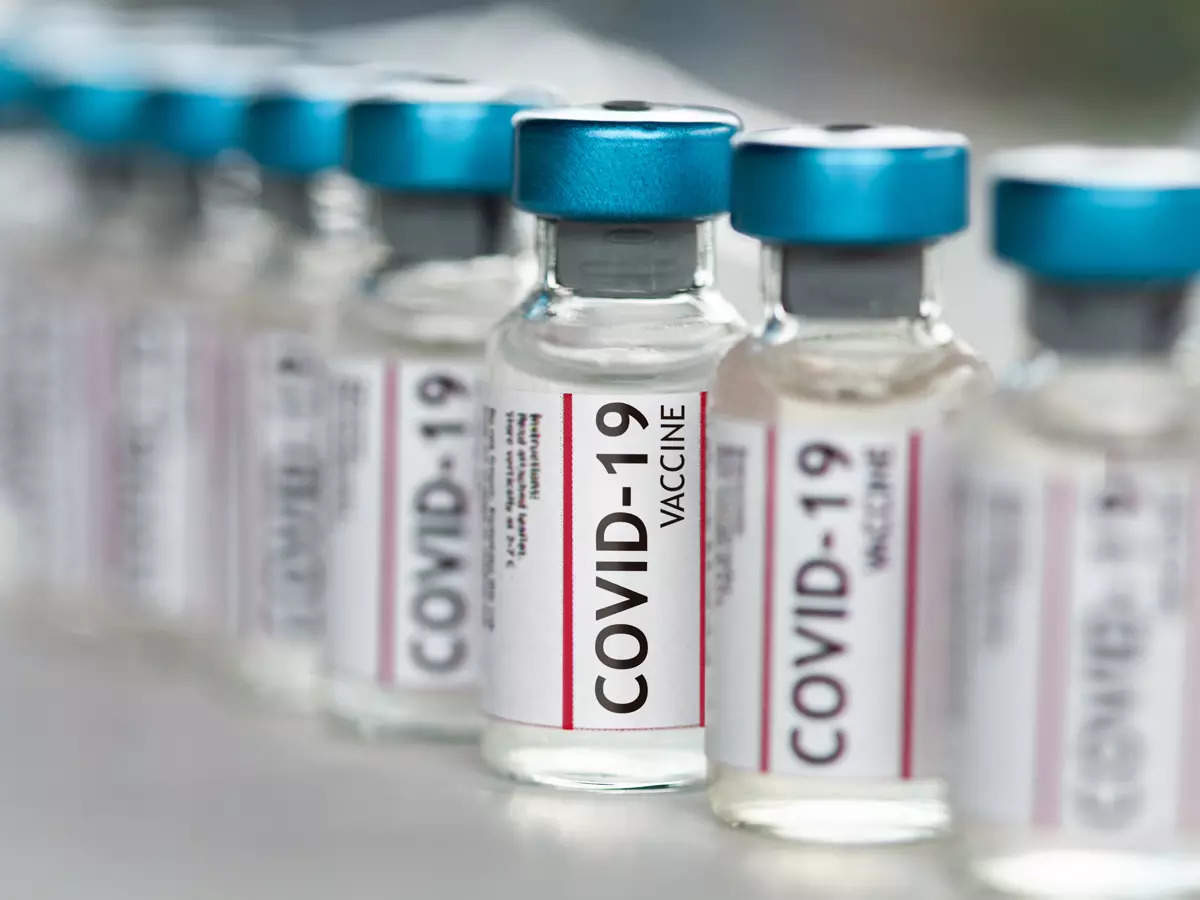Over the course of the developing world, hundreds of millions of people have been prevented from receiving a vaccination that would have protected them against the ravages of Covid-19, and millions of them have already been infected and perished as a result.
According to public health specialists, relying on affluent countries to provide billions of doses is not a viable option. It is widely accepted today that the best option is for the nations to do something that the major American mRNA vaccine manufacturers claim is not feasible: manufacture the gold-standard mRNA doses themselves.
Even in the face of rising demand, the CEOs of Moderna and Pfizer have refused to licence their mRNA technology in underdeveloped nations, claiming that doing so would be counterproductive. Because of the urgent need to optimise output at their own network of facilities, they claim that the procedure is too complicated, and that establishing facilities capable of performing it would be too time- and labor-intensive. They also claim that they are unable to spare the necessary personnel.
The World Health Organization and public health experts in both rich and poor countries argue that expanding production to the most underserved regions of the world is not only possible, but absolutely necessary for protecting the world against dangerous variants of the virus and bringing the pandemic to a close.
Tom Frieden, the former director of the Centers for Disease Control and Prevention in the United States, said that establishing mRNA manufacturing operations in other countries should begin immediately. He added that mRNA manufacturing operations “are our insurance policy against variants and production failure” and that they “absolutely can be produced in a variety of environments.”
Although Covax, a worldwide organisation tasked with facilitating global vaccine distribution, was expected to meet the vaccination requirements of poorer countries, contributions have been delayed and restricted. Wealthier nations have monopolised the supply of raw materials. Only 4% of individuals in low-income countries have received all of their vaccinations.
Experts in the creation and manufacture of vaccines indicate that mRNA vaccines need fewer stages, fewer components, and less physical capacity than standard vaccinations. “mRNA vaccines are less expensive,” says one expert. A large portion of what is required to manufacture them already exists in African, South American, and Asian companies, the researchers claim; the technology related to the mRNA synthesis process may be given as a pre-assembled modular kit that is ready to use.
The majority of estimates place the cost of establishing manufacturing between $100 million and $200 million. Only a few big pharmaceutical manufacturers in underdeveloped nations have access to these cash; the others would need loans or investors. There are billions of dollars in finance available for this kind of project from both the United States International Development Finance Corporation and the International Finance Corporation, which may be obtained as low-interest loans or as a piece of stock.

